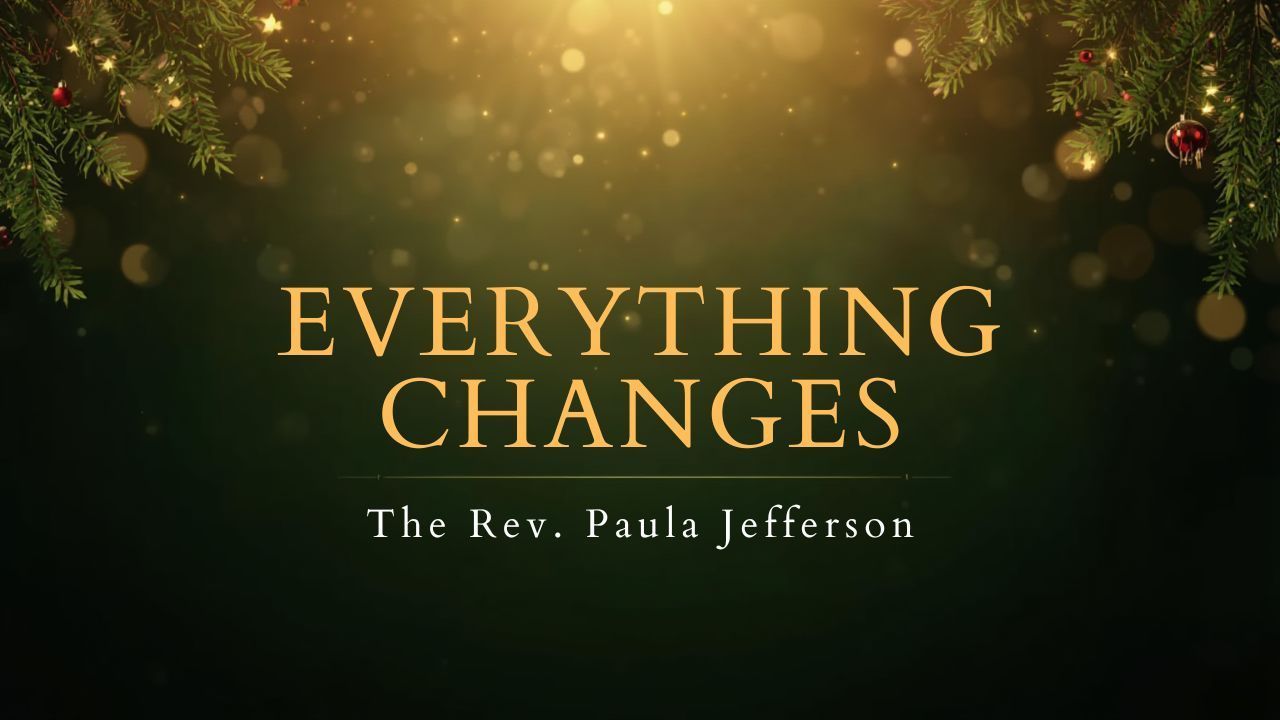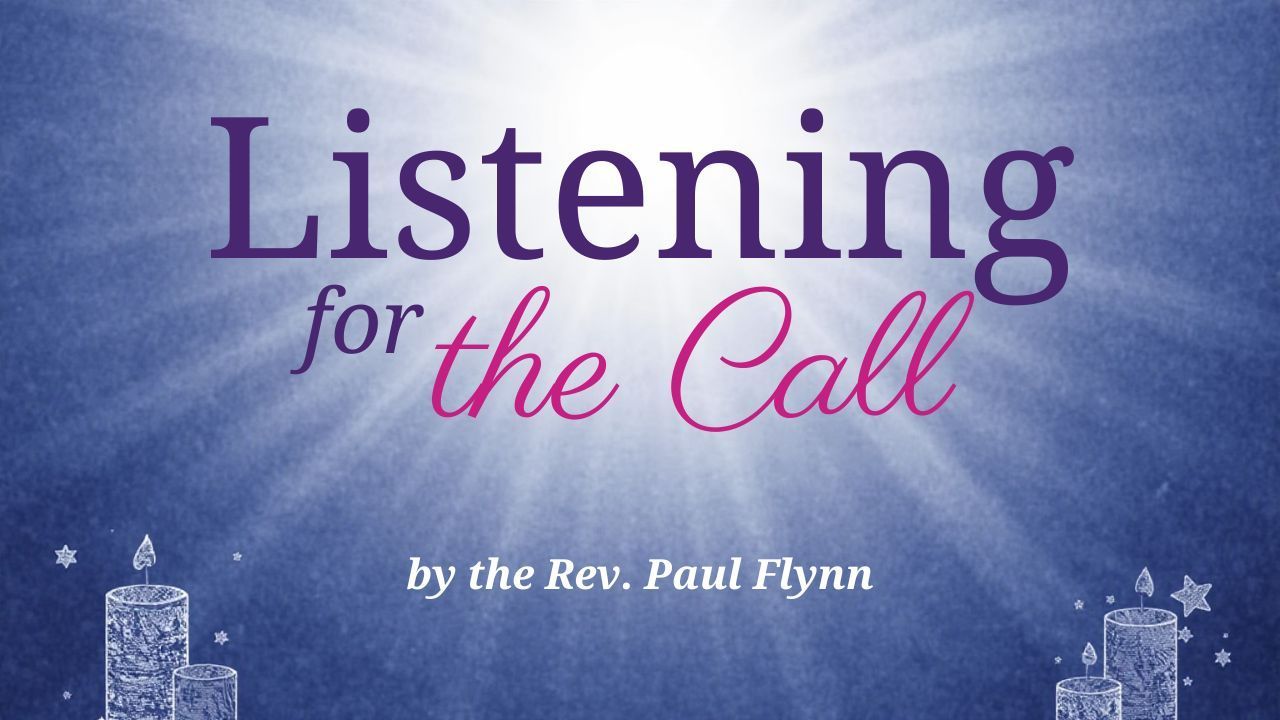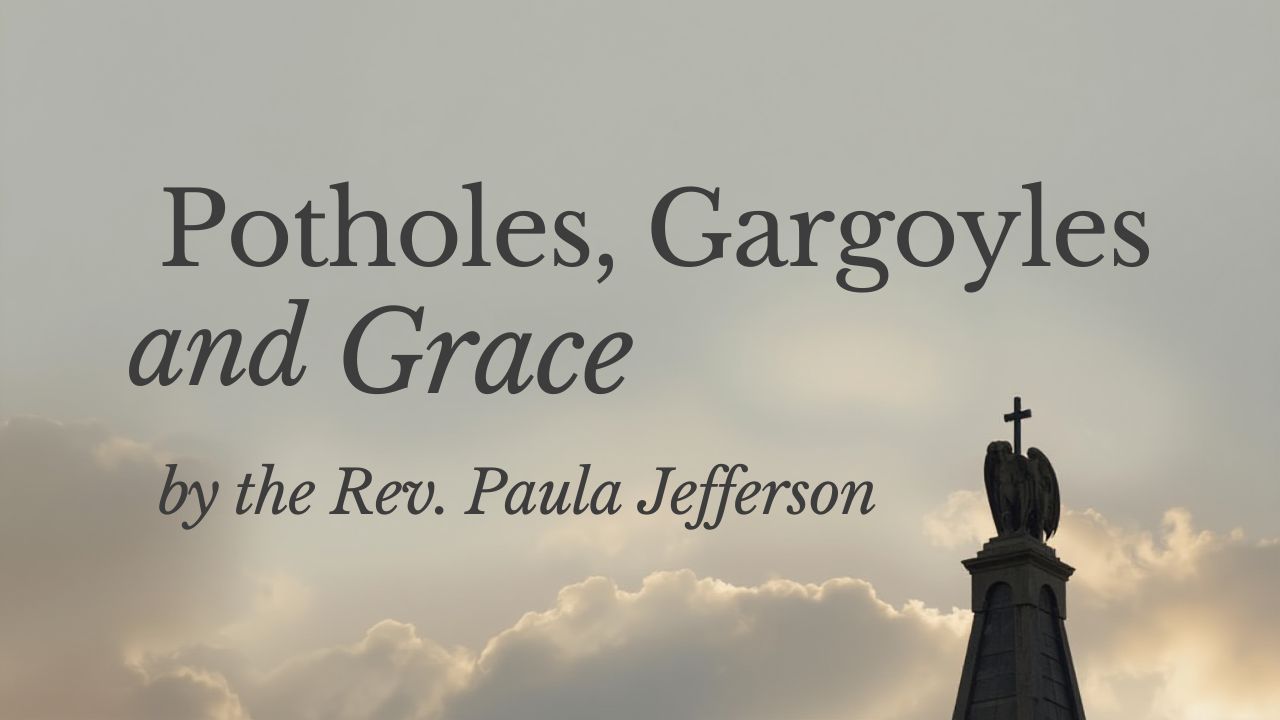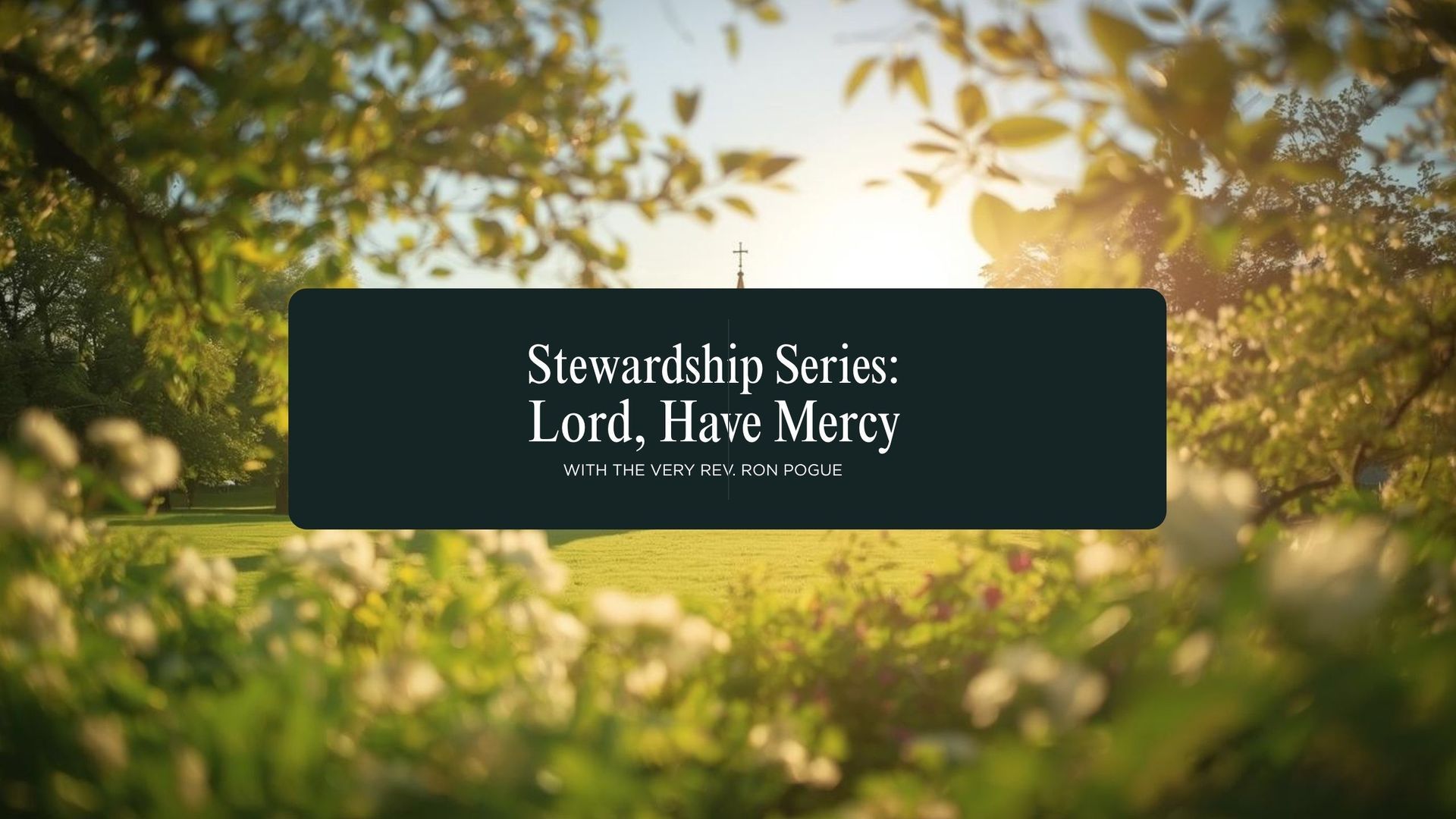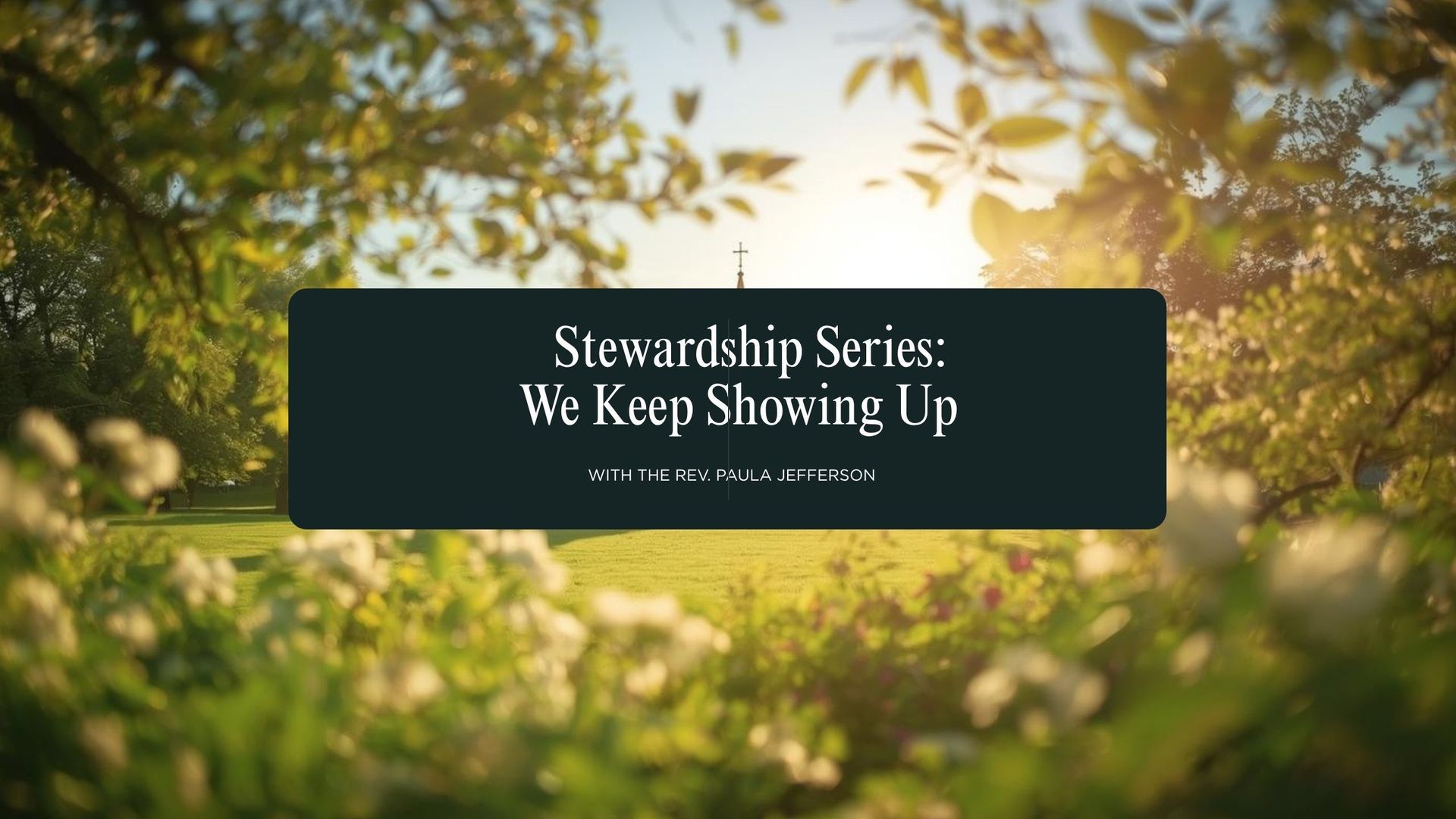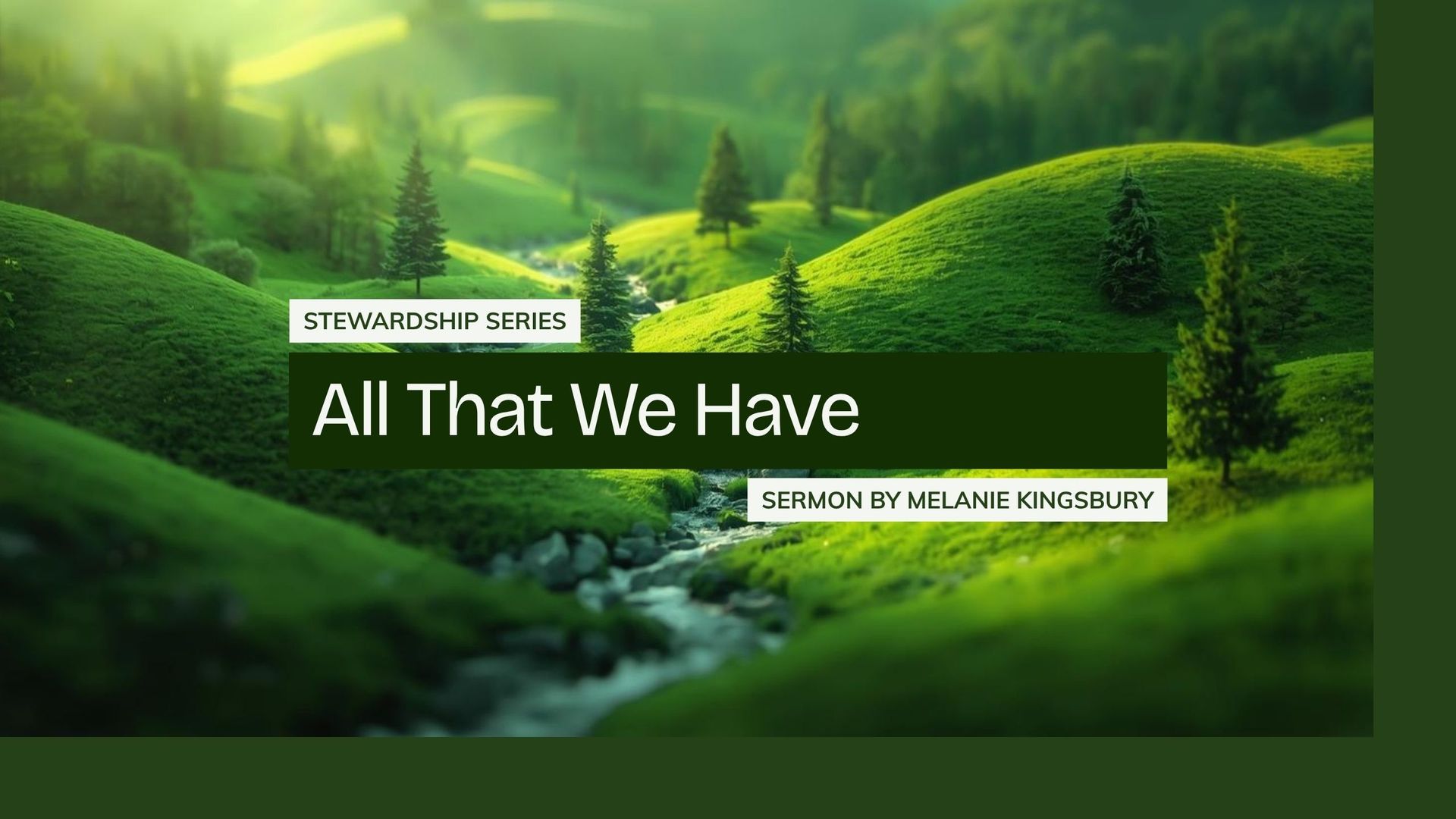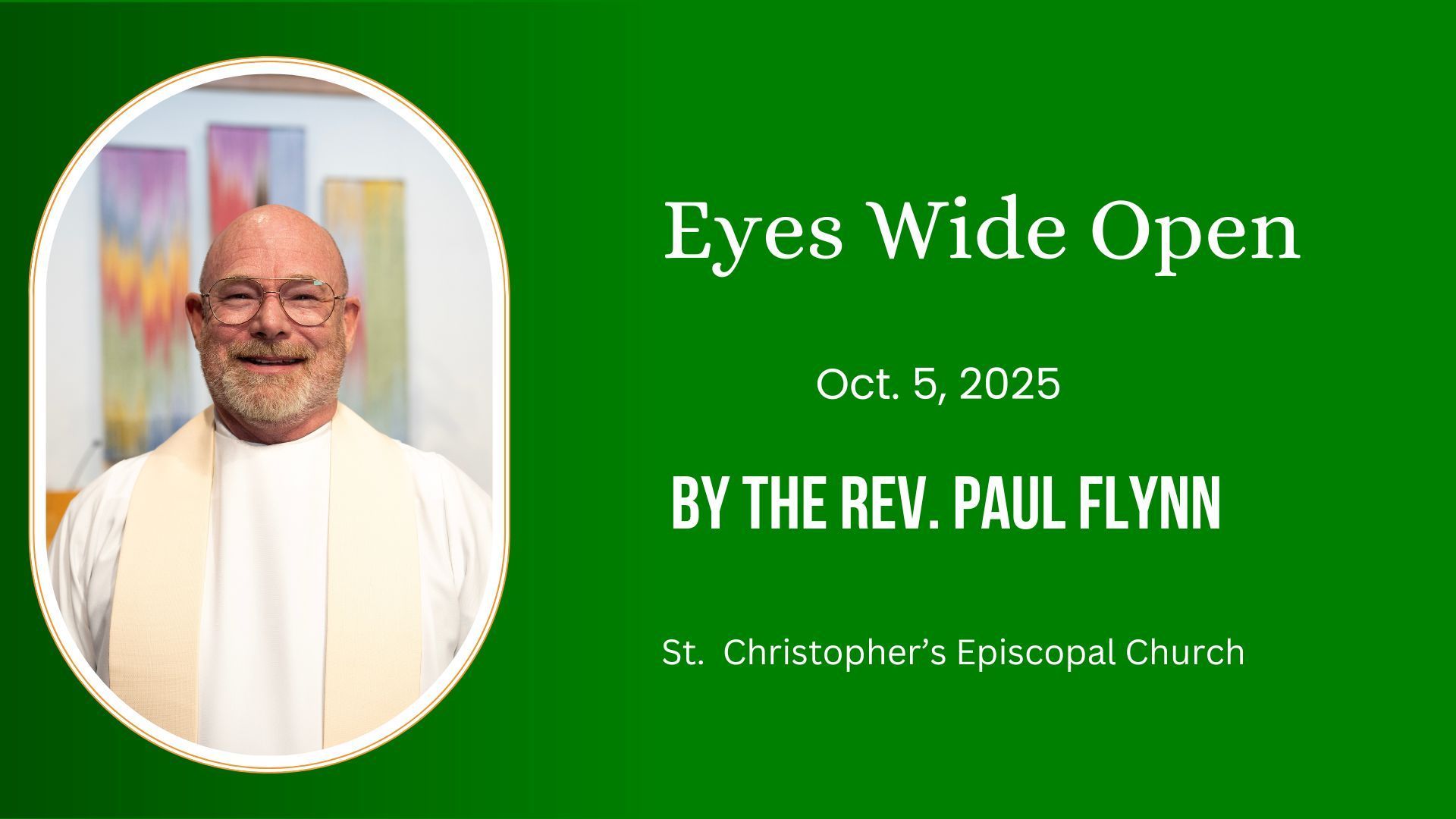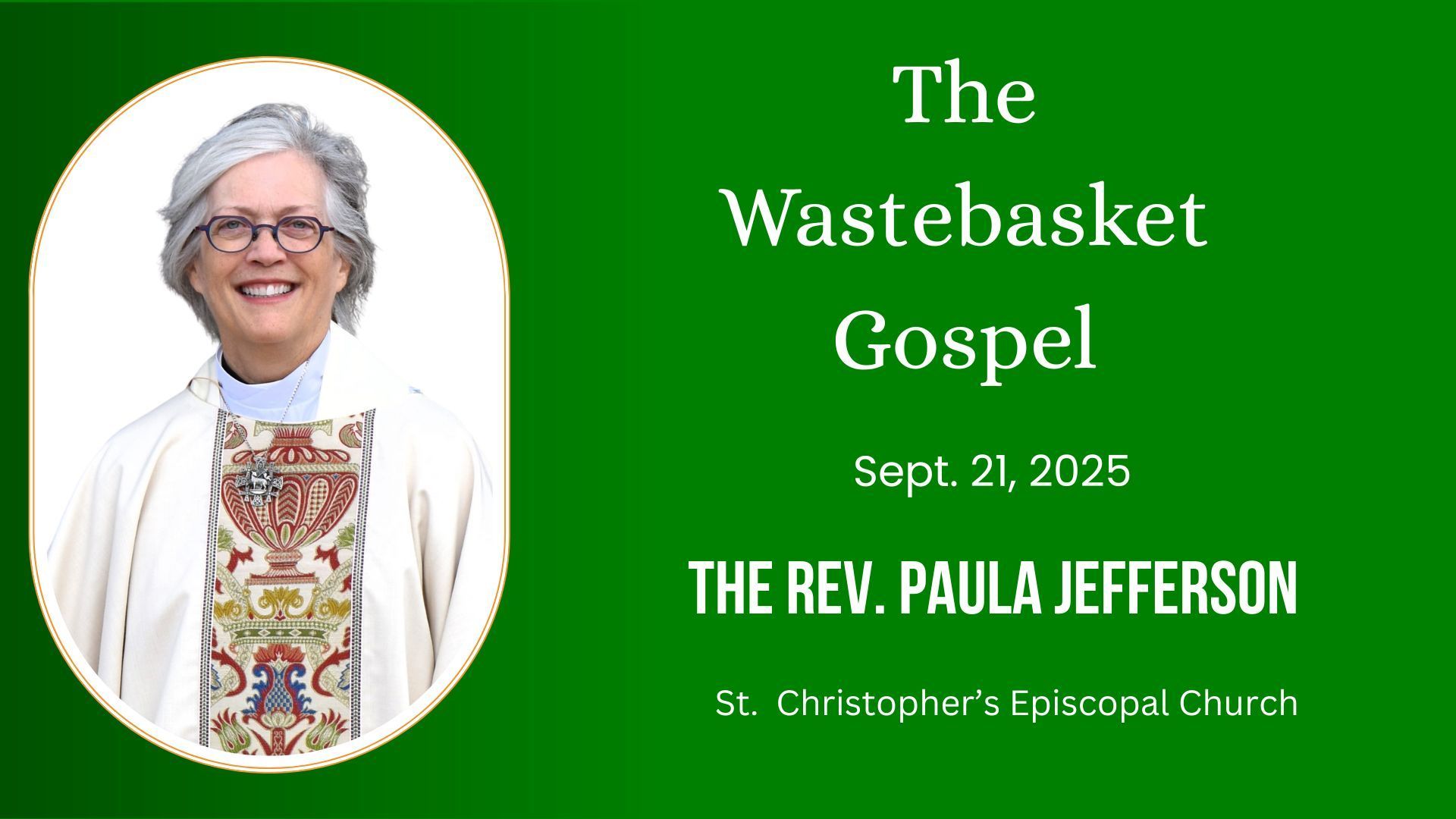One of my favorite movies of all time is “Oh God.” It is not only funny and enjoyable, but it also reveals a thoughtful consideration of theology and a keen insight into modern religious life. In one of the final scenes, God, who is caricatured by George Burns, and Jerry, the assistant supermarket manager to whom God is revealed, played by John Denver, are discussing the success of their mission in the world. Nobody seemed to listen to the message God told Jerry to deliver. Jerry thinks they failed. “We blew it,” he says.
But God doesn’t see it that way. “Oh, I don’t think so,” God says. “You never know; a seed here, a seed there, something will catch hold and grow.” Jesus likens this botanical process of a seed taking root, growing, and maturing, to the Kingdom of God. The principle involved is that of trust – a trust that the process of the coming of God’s Kingdom on earth will work! This principle of trust is a hard thing for us to learn. We’re a little bit like the child who planted a seed and then dug it up every day to see how it was doing. We want to hasten the process and are frustrated by the mystery of it. We want results. We want them now and we want them big.
The whole process of sowing and reaping has the providence of God behind it. There was a time when many prominent theologians and ministers spoke of the Church’s task as that of “building the Kingdom of God.” This kind of thinking led us to believe that if we could just get everybody educated, everything would be finally fixed. On the one hand, this school of theological thought prompted major advances in the field of education.
Major universities were established, community colleges sprang up across our country, and students were challenged to gain as much formal education as possible. I’m a beneficiary of this movement. I am the first person on either side of my family to graduate from a university with a bachelor’s degree, the first to earn a master’s degree, and the first to earn a doctorate.
But, on the other hand, we have discovered that education is not the key to the Kingdom. We have failed to build the Kingdom of God on earth. The first parable of Jesus in our Gospel lesson today is supposed to help us understand that the coming of the Kingdom is to be more a matter of growth than a construction project. Jesus sowed the first seeds. We are to continue to sow those seeds…in evangelism, in Christian formation, in works of justice and mercy…and, we are to tend to the field, cultivating it, watering it, nurturing it. But only God holds the key to its growth – the transformation of the seed into fruit.
What kind of seeds we sow determines what kind of fruit is produced. Seeds of division, deception, destruction yield bitter fruit. Jesus’ parable tells us that his followers are to spread the realm of God by planting the good seeds of God’s transforming, redemptive, unconditional love in the fertile soil of the lives of the people around us and let God take care of the process. “A seed here, a seed there, something will take hold and grow.” We are also reminded today that we must trust God. I often think we need to replace the word “faith” with the word “trust” in our vocabulary to keep from getting confused.
This morning, I am not speaking of faith as an abstract philosophical concept theologians sit around in ivory towers and ruminate about. I am not speaking of a set of doctrines or concepts or beliefs. I am speaking of faith as a verb. Faith is something you DO. Faith is trusting God enough to act on what you say you believe. Jesus used the horticultural analogy of the tiny mustard seed to illustrate the power of even a tiny amount of faith. In the realm of nature, there are many such illustrations.
It's Father’s Day so I’m reminded of my own father’s role in my faith formation. The greatest lesson I ever learned about faith I learned from him. I had accidentally pitched a ball into a valley on the roof of our house. Instead of getting ladder and climbing up to get it for me, dad picked me up to boost me onto the roof so I could get it myself. When I began to express my fear he said, “Don't worry. I won't let you fall.” His hands and arms felt strong. His voice was firm and confident. He had been on the roof himself. He believed I would be okay. So, I forgot my fears and found my faith and dad didn't let me fall. Through the experience of trusting I discovered that my dad was trustworthy.
I have been able to live my life with an abiding faith, often tested by the things that test everybody's faith. It goes back to that lost ball on the roof, my dad’s strong and loving arms, reassuring voice, and dependable promise, “I won't let you fall.” That has made it easier for me to trust my heavenly father who promised, “I will never leave you nor forsake you.” It’s not always easy. If you really believe that prejudice is an obstacle to the seed sowing, growing, harvesting process of God’s Kingdom, then you have to not only work to eliminate prejudice in others, but you also have to overcome it in yourself. If you believe God supplies the resources to get his job done, then you have to commit yourself, your resources to God and trust that God will never let you run out. If you believe God wants you to help take care of creation, then you’ll have to think twice about leaving on a light or driving a gas-guzzling automobile. Faith means believing God, trusting God, enough to do something about it in the process God has established for the growth of God’s reign on earth. We don’t have to do God’s job, only ours. “A seed here, a seed there, something will take hold and grow.”
There are signs of hope and encouragement if we will look for them through eyes of faith. It is easy to be filled with doom and gloom if we look at people and the world situation only though the eyes in our heads – or perhaps the eyes of the talking heads on our news programs. But God gives us a different set of eyes – the eyes of faith. Through these eyes, we are to discern the new creation emerging all around us and that is to be a source of joy. I am thinking of several who have come seeking spiritual direction during turning points in their lives. Some have postponed or abandoned their quest. But there is still hope because the seeds have been sown. God is silently but powerfully working in their lives.
Others have moved ahead and are now helping others. God’s results are seen more quickly in some. A couple, having failed in previous marriages and after having decided never to marry again, come to seek guidance for they have fallen in love – miraculously – with one another. One who is facing life without a mate finds consolation and courage to carry on in the support of Christian friends and God’s touch upon his life. Another who is ill is restored to health again against the odds. A youth is enabled by the power of God to overcome the peer pressure she feels at school and confront her friends about the drugs destroying the minds the school is trying to train.
A person with a missing piece in his life discovers that God’s love is exactly the right shape. The blind see, the lame walk, the ears of the deaf are unstopped. Signs of the Kingdom, imperceptible if you are looking for something only through the eyes in your head. I know. Sometimes, when we look at things as the world sees them, we feel discouraged and hopeless. We see the great successes of others and feel that our little results are insignificant and trivial. But the good news is that when we do what God is calling us to do for God and our neighbors, our labor is never in vain.
God is at work, silently, sometimes imperceptibly, in the mystery of growth, bringing about the new creation. We are to be faithful, diligent, patient, and to trust God to BE God. Never be afraid to plant seeds because God is working his purpose out and because God is, something will indeed take hold and grow in the fertile soil of human lives.




